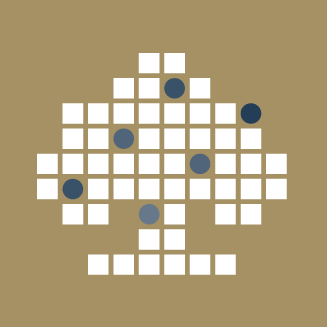Founder, facilitator, co-ordinator and mentor in academia, governmental agencies, visitor centers, R&D programs, and research clusters supporting knowlegde transfer.
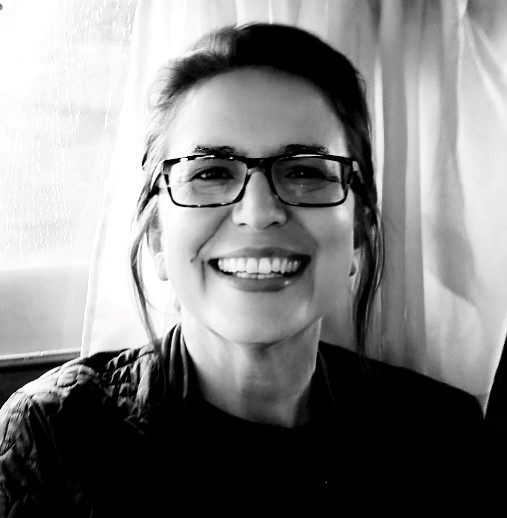
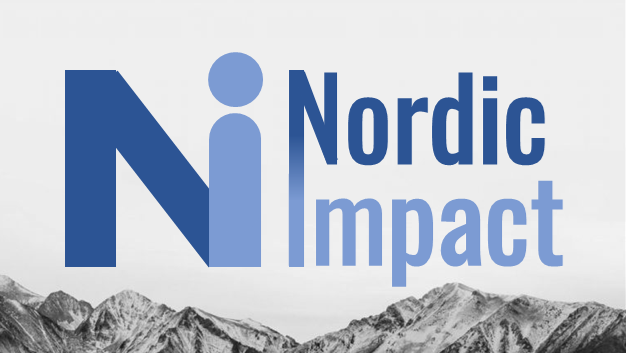
By collaborating with government agencies, funding bodies, entrepreneurs, investors, venture capital firms, academia, media, and policy-makers, Nordic Impact works to provide opportunities for Nordic research graduates to translate research insights and innovations into real-world social and economic impact.
Nordic Impact bridges the gap between insight and action; facilitating cross-sector collaboration and partnerships, developing new tailored methods and tools for specific needs and challenges, and building networks, research clusters, think tanks, competence groups, and experimental labs.
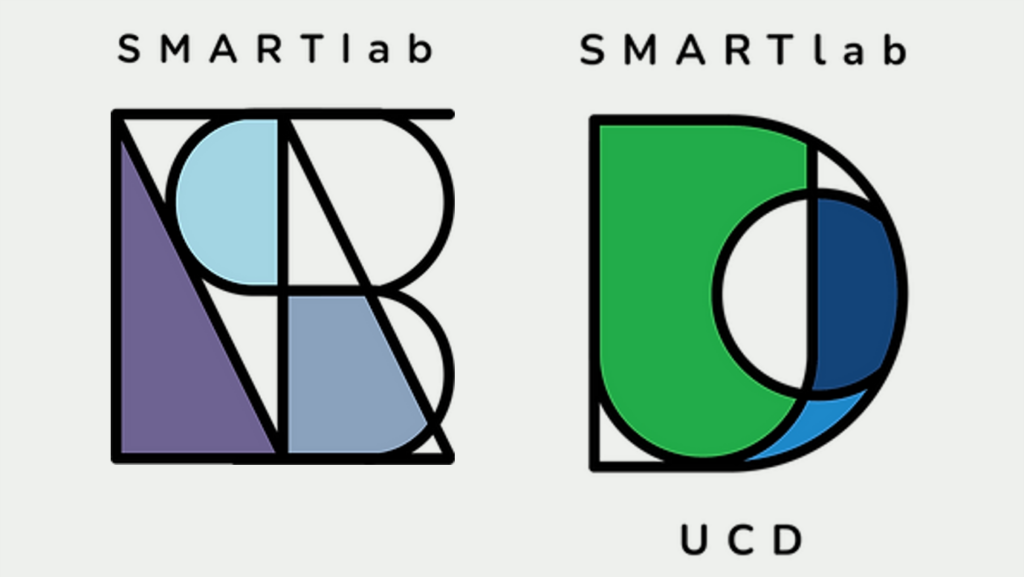
SMARTlab promotes user-driven, transdisciplinary research, leveraging Creative Technology Innovations for social change.
For three decades, SMARTlab has run an award-winning practice-based PhD programme and delivered high-impact research, development and innovation programmes and projects. SMARTlab aims to bring together the brightest minds across disciplines and to provide them with the tools they need to contribute to solving real-world problems and building sustainable solutions.
We provide world-class research and incubation space and offer a brain trust for academic staff, practice-based PhD students, Postdoctoral Researchers, transdisciplinary teams spanning the Arts, Engineering, Humanities, Social and Natural Sciences, Connected Public Health and Business Innovation domains, alongside private and public sector partners.
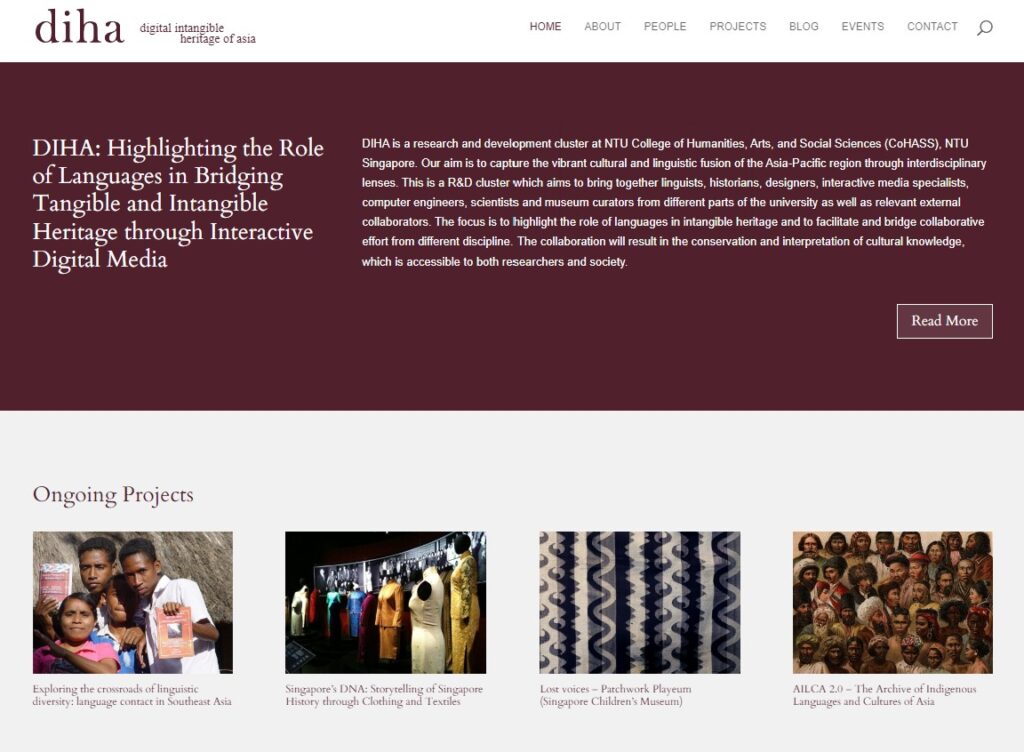
DIHA is R&D cluster at NTU College of Humanities, Arts, and Social Sciences (CoHASS), NTU Singapore. Our aim is to capture the vibrant cultural and linguistic fusion of the Asia-Pacific region through interdisciplinary lenses. The cluster aimed to bring together linguists, historians, designers, interactive media specialists, computer engineers, scientists and museum curators from different parts of the university as well as relevant external collaborators. The focus is to highlight the role of languages in intangible heritage and to facilitate and bridge collaborative effort from different discipline. The collaboration will result in the conservation and interpretation of cultural knowledge, which is accessible to both researchers and society.
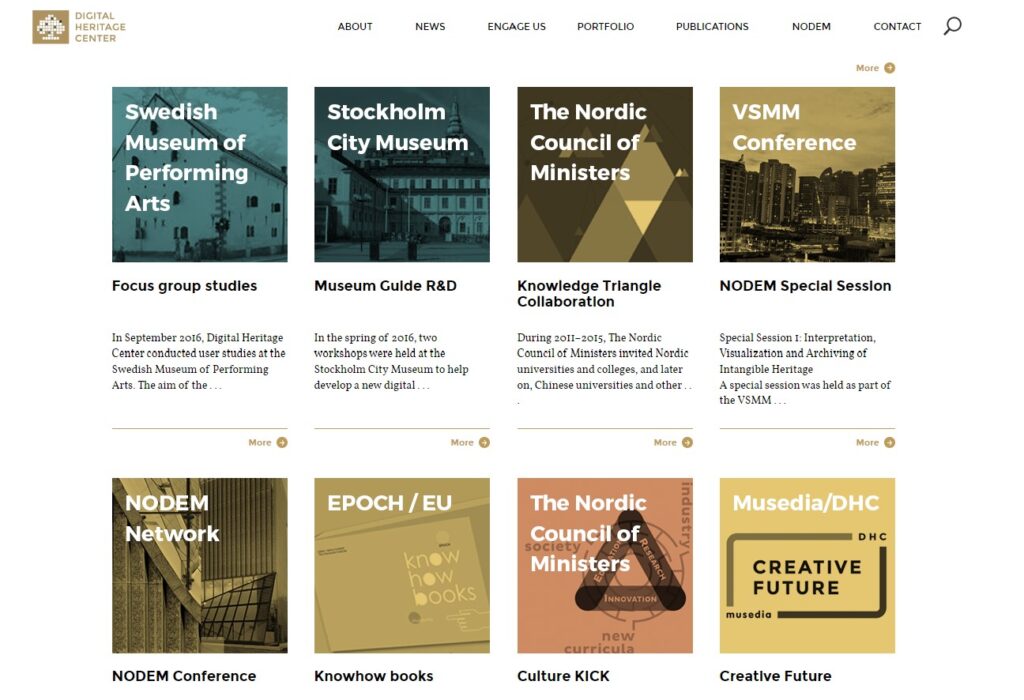
Digital Heritage Center offers services and products that support innovation in digital cultural heritage. The center is a spin-off from a research studio at the Interactive Institute Swedish ICT in Stockholm, Sweden established in 1999. We collaborate with a large network of researchers, SMEs, governmental agencies, academia, museums, science centers, regional and national heritage boards, libraries and other memory institutions in Europe and Asia-Pacific.
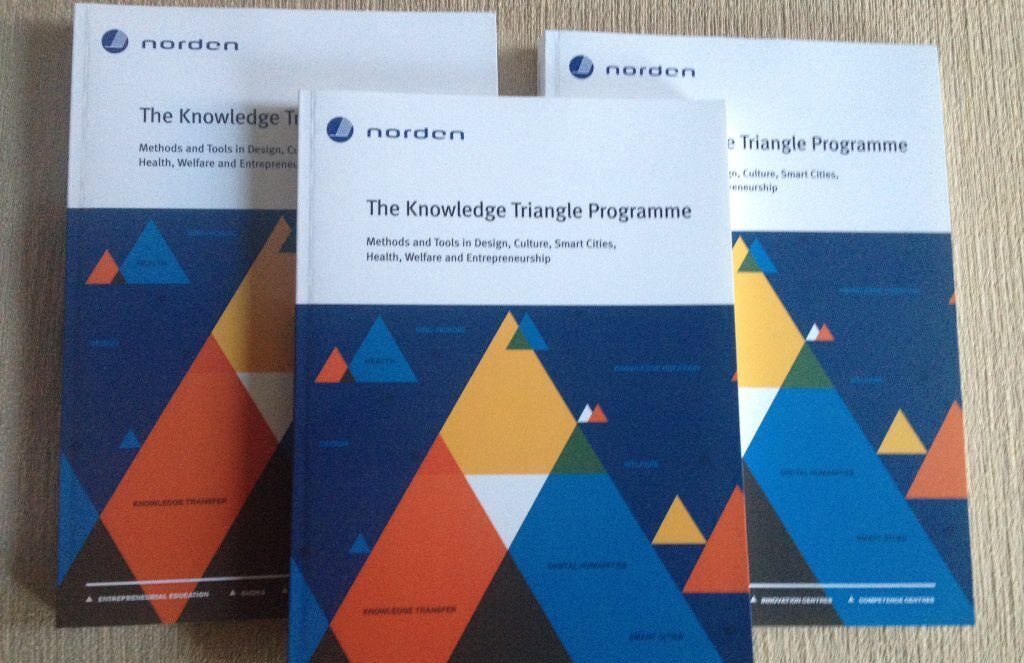
During 2011–2018, The Nordic Council of Ministers invited Nordic universities and colleges, and later on, Chinese universities and other innovation partners in the Shanghai region, to establish networks with stakeholders from research and innovation. The goal was to increase the synergies between academia and society, as well as knowledge exchange in relation to commercialization and innovation in design, culture, welfare, energy, health and entrepreneurship.
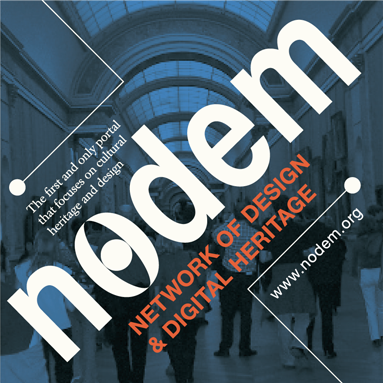
Nordic Digital Excellence in Museums (NODEM) was founded in 2002 as a conference series in the emerging field of digital heritage. The aim was to promote encounters between scientists and cultural professionals in the Nordic countries, and stimulate new insights and innovative solutions by assisting and supporting the collaboration between researchers, artists and cultural professionals.
Today, NODEM is also an interdisciplinary, online repository with the goal to mediate knowledge transfer and aid the implementation of digital tools in museums, galleries and exhibitions, natural and cultural heritage sites. The ambition of the repository is to create a knowledge bank of know-how and best practices based on experiences, innovations and insights that have emerged from past collaborations.
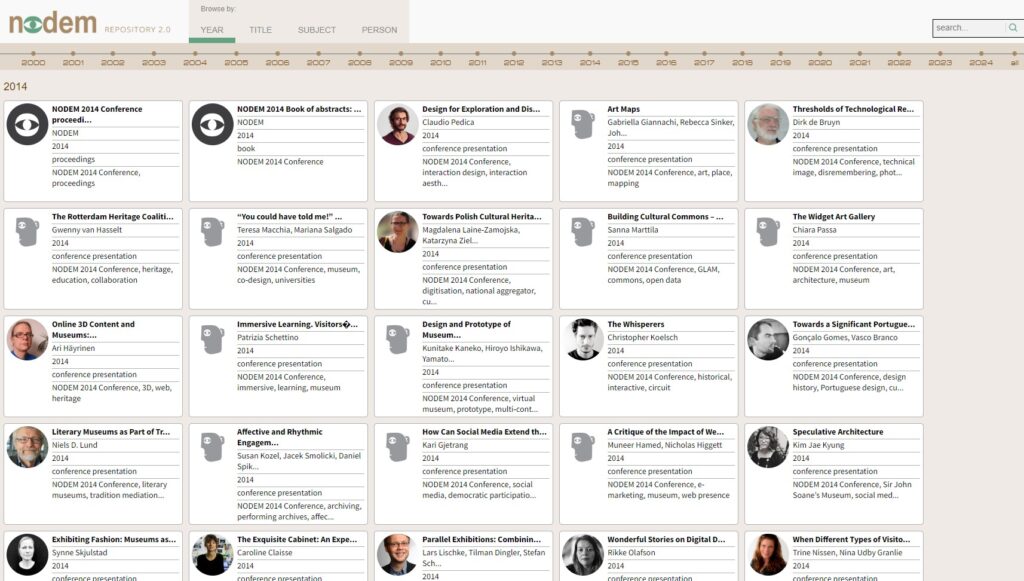
Today, NODEM is also an interdisciplinary, online repository with the goal to mediate knowledge transfer and aid the implementation of digital tools in museums, galleries and exhibitions, natural and cultural heritage sites. The ambition of the repository is to create a knowledge bank of know-how and best practices based on experiences, innovations and insights that have emerged from past collaborations.
